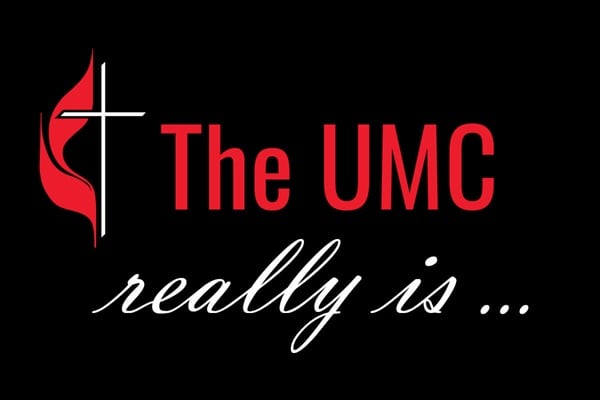All articles in this series are available here.
On November 5, 2025, the United Methodist Council of Bishops announced that at least the required 2/3 of the total number of annual conference lay and clergy members worldwide had voted to ratify the amendments to the constitution to authorize a more decentralized and less U.S.-centric model of governance in The United Methodist Church.
As of that announcement, the following changes are now in effect.
Additional Resources on Regionalization
- The eight former central conferences are now renamed as regional conferences.
- The Standing Committee on Central Conference Matters is renamed as the Standing Committee for Regional Conference Matters Outside the United States. It will continue to function as it had previously.
- A new committee will be formed for the purpose of organizing a ninth regional conference comprising the five jurisdictions in the United States. The first meeting of the U.S. regional conference will occur at some point after the 2028 General Conference.
- Every regional conference has the additional ability to:
- Set minimum qualifications and educational requirements for ordained and licensed ministry
- Set minimum qualifications and educational requirements for specialized lay ministries
- Set qualifications for professing membership and standards of conduct to remain professing members
- Structure its own regional, annual, district and charge conferences consistent with the laws of their country(ies)
- Establish its own hymnal and ritual, including the rites of marriage and burial
- Create its own judicial court for matters arising from sections of the Book of Discipline adapted by that regional conference, and document its rules and processes for adjudicating formal complaints against clergy and lay members.
Two Temporary Committees
Two committees were created by legislation of the 2024 General Conference related to matters in the United States. The first, the United States Regional Committee, already exists but has not yet met. Composed of all members of the U.S. delegations to the General Conference plus one lay and one clergy member from each of the other regional conferences, this body will meet prior to the 2028 General Conference to consider and make recommendations to the General Conference regarding legislative matters that affect the United States only. This body will cease to exist upon the convening of the U.S. Regional Conference (likely late 2028 or early 2029).
The other committee is an organizing committee for the U.S. Regional Conference. Its existence depended upon the ratification of the regionalization amendments. It will be composed of an intentionally diverse group of 20-25 delegates to the 2024 General Conference appointed by the Council of Bishops from the five jurisdictional conferences. Each jurisdiction will receive at least three members. In addition to these, each of the other regional conferences will elect two members. The sole purpose of this committee is to set up the infrastructure for the United States Regional Conference. Unless the United States Regional Conference permits the organizing committee to continue to function for a specific, time-limited purpose, it will dissolve upon the completion of the first United States Regional Conference gathering.
Remaining Matters
Two major issues relating to regionalization remain outstanding, by design. The first is the completion of the General Book of Discipline, including the creation of a new Part VII which will be composed entirely of legislation that may be adapted by the regional conferences. Regional Conferences will not be able to adapt any materials in Parts I-VI. The Standing Committee on Regional Conferences Outside the United States continues to develop its proposal for the legislation to include in Part VII and will bring their final recommendation to the 2028 General Conference.
The other issue is the continuing existence of jurisdictional conferences. At present, only the United States has jurisdictional conferences. There remain real questions about whether these structures are necessary if the United States Regional Conference itself is to have the same functions as the other regional conferences. As currently designed, the other regional conferences have elective, administrative and legislative functions, while in the United States these elective and administrative functions are given instead to the jurisdictional conferences. This creates substantial additional costs in travel and meeting venues versus having one meeting that accomplishes all three functions, as occurs in every other regional conference. Further, the creation of the jurisdictional conferences themselves owes much to the legacy of structural racism within the former Methodist Church.
Because of the fraught nature of the creation and costs of jurisdictions, as well as ongoing strong feelings about them, it was thought better not to amend existing constitutional and other Disciplinary language regarding jurisdictions in the regionalization legislation brought to the 2024 General Conference. The Standing Committee on Regional Conferences outside the United States and the Connectional table will bring their findings about these matters to the 2028 General Conference, along with any other legislation to further improve the effectiveness and efficiency of regionalization. It remains to be seen whether legisiative proposals regarding the future of jurisdictions will come to the 2028 General Conference.
The work of regionalization is now fully underway, with more work awaiting the denomination as it lives into its vision to Love boldly, Serve joyfully, and Lead courageously in a more decentralized and less U.S.-centric future.
Burton Edwards serves as Lead for Ask The UMC, the information service of United Methodist Communications.





